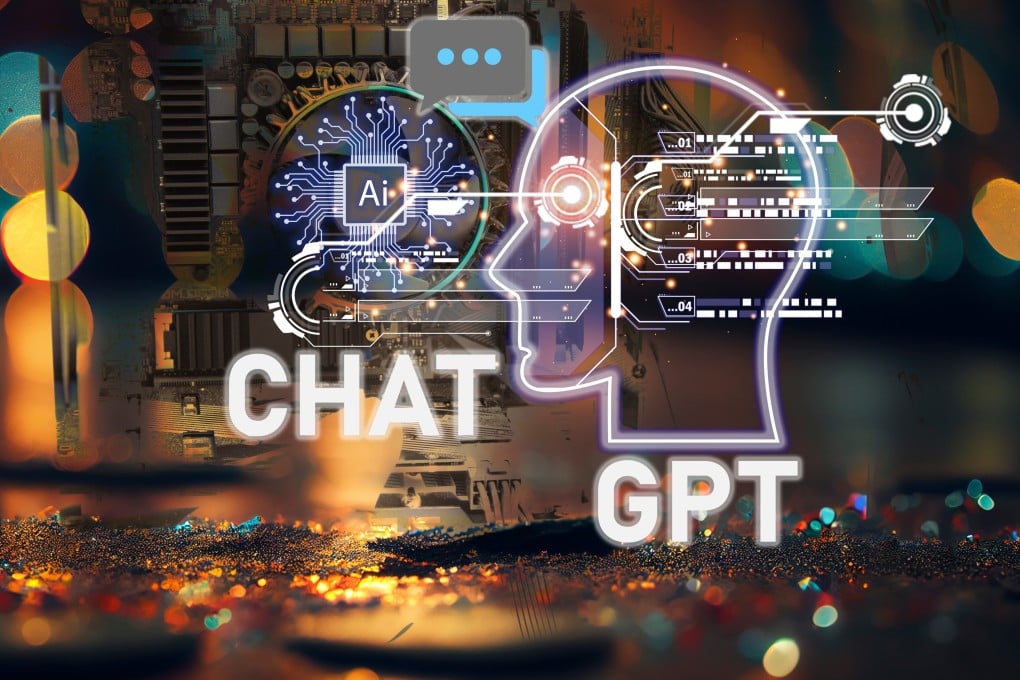Advertisement
Opinion | How academia can embrace ChatGPT and reignite a love for learning
- Resistance is reminiscent of the 1988 US maths teachers’ protest against the calculator
- But if teachers can reassess their roles and how they teach and grade work, ChatGPT and AI in general can help shift education from rote learning towards discovery in learning
Reading Time:3 minutes
Why you can trust SCMP
2

The rise of ChatGPT has prompted debate in academic circles as to whether artificial intelligence should be banned for students (and professors). Some universities have proudly banned ChatGPT while others are harnessing its benefits. One major concern is the potential for abuse, such as in turning in AI-generated essays or programming codes as one’s own work.
The fear is that using AI would reduce the quality of learning. Having short cuts to quick wins would make students lazy. And university administrators would be blamed for failing for suppress academic misconduct. There are concerns too about AI cannibalising the work of academics.
But one argument is missing here. Academic cheating is a multibillion-dollar industry. Students have confessed to using education platforms, which offer help with homework and textbook answers, to cheat. There are also countless ghostwriting, contract cheating and other services available.
Academia is all too optimistic about anti-plagiarism software and academic integrity policies catching all the bad apples. Banning AI is hardly going to help when there are thousands of ways to cheat.
And it seems ChatGPT is likely to only get a student a C grade anyway, according to informal experiments by American university professors in putting the bot through tests. The tentative conclusion is that ChatGPT is not a great cheating tool because it requires some skill to get it to produce targeted, high-quality results, and even so, the output can include errors.
The resistance towards ChatGPT in academia is reminiscent of maths teachers’ protest against the use of calculators in Washington in April 1988. But calculators did not remove the need to learn algebra and calculus.
Advertisement
